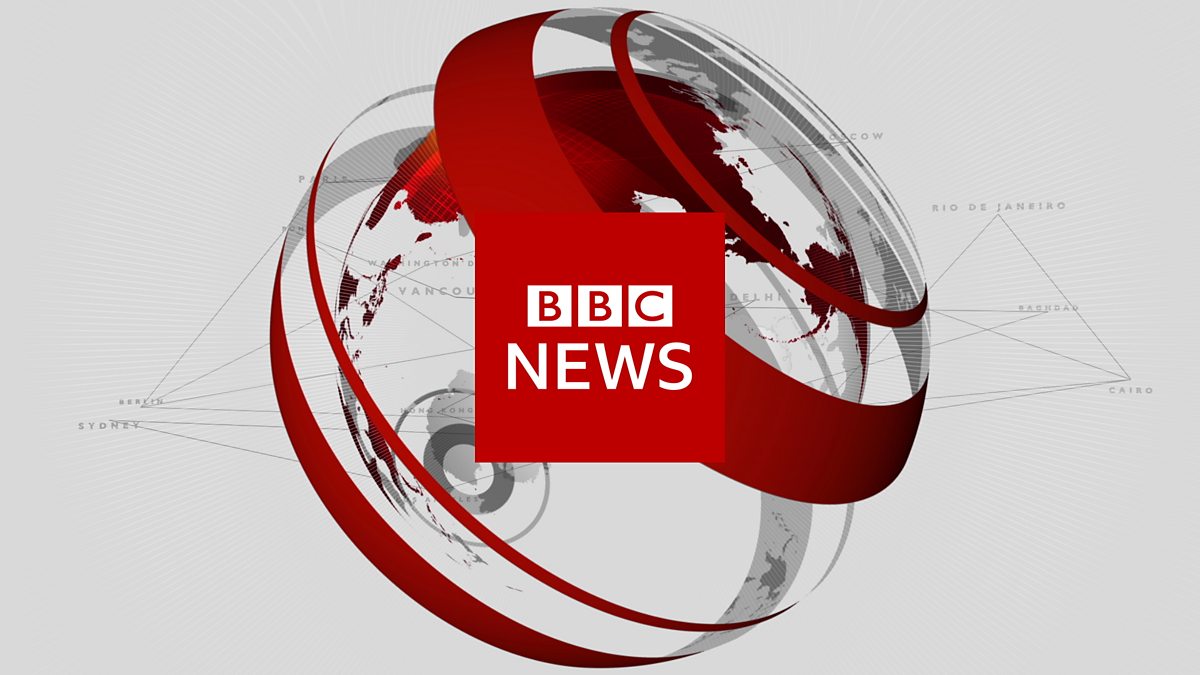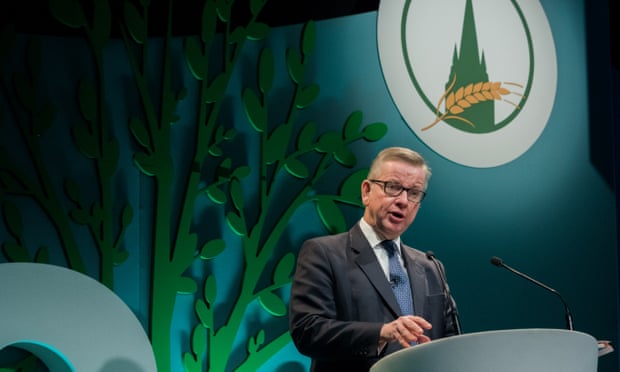|
Meticulous Research®, in its latest publication on the environmental monitoring market, states that the global market is expected to grow at a CAGR of 7.0% from 2021 to 2028 to reach $25.95 billion by 2028.
The growth of the global environmental monitoring market is mainly attributed to increasing government funding towards environmental sustainability, development of policies and initiatives to reduce environmental pollution levels, rising installations of environmental monitoring stations, and increased adoption of environmental monitoring products by the public and private companies. In addition, the use of IoT technology and nanotechnology provides lucrative opportunities for the market’s growth. However, trade barriers on environmental technologies in the emerging economies and slow adoption and implementation of pollution control policies hinder the market’s growth. Read the full article here: https://www.digitaljournal.com/pr/environmental-monitoring-market-meticulous-research-reveals-why-this-market-is-growing-at-a-cagr-of-7-0-to-reach-25-95-billion-by-2028-2#ixzz7IsmurCEU
0 Comments
By Sandra Laville Environment correspondent
A campaign group is challenging what it says is an information blackout imposed by the Environment Agency on its investigation into suspected illegal sewage dumping in England. The inquiry began after water companies admitted to the agency they may have been illegally discharging raw sewage from treatment works into rivers and streams. Read the full article here https://www.theguardian.com/environment/2022/jan/17/fish-legal-information-blackout-sewage-discharges-england-environment-agency-investigation England's rivers are contaminated by a "chemical cocktail" of sewage, agriculture and road pollution, according to MPs.
Raw sewage, microplastics and slurry are coursing through all of England's rivers, putting health and nature at risk, a parliamentary report concludes. Agriculture and water companies are the biggest contributors to this "chemical cocktail", the Environmental Audit Committee warns. Read the full article by clicking the link below By Georgina Rannard BBC News https://www.bbc.co.uk/news/science-environment-59898988 Reporter Joshua Powling recently covered the meeting of Senior figures from a number of major organisations. The group met at Bosham sailing club recently to discuss measures to develop the ‘overwhelming arguments’ for a pause on significant new planning applications, to avert the catastrophic environmental impact on the harbour.
Photograph: Greg Blatchford/Barcroft Images Vicki Hird MSc FRES is an award winning expert, author, strategist and senior manager who has been working on environment, food and farming issues for over 30 years. Here she explains the key components of ELMS and speaks with MP Michael Gove about the scheme.
https://www.sustainweb.org/blogs/jan19_environmental_land_management_trials/ Ellie Harrison, the Countryfile presenter, has revealed that her wild swimming spot is polluted as she called for water companies to be forced to clean up any mess they make.
The BBC star, who lives in the Cotswolds, said she swims every Friday with "interesting women" in a spring-fed lake. However, she complained that waters in the UK are dirtier than the grubbiest swimming pool in a leisure centre, as water companies are allowed to pump raw sewage into rivers. Writing in the Countryfile magazine, she said: "It's not just raw human faeces. There are invasive species, litter, street and agricultural run-off in the mix. read the full article here.... https://www.telegraph.co.uk/news/2021/03/11/countryfile-presenter-reveals-wild-swimming-spot-polluted-calls/ A report has warned of a "catastrophic" decline in freshwater fish, with nearly a third threatened by extinction
https://www.bbc.co.uk/news/science-environment-56160756 Why found a company and then hide it?
A recent article in Forbes described "stealth mode" a tactic now being used by many start-ups, and the benefits of being secretive can be numerous. Today, 15 minutes of desktop research can uncover huge volumes of data about a company and the market they serve. Stealth mode allows us to temporarily conceal our product, our brand, our business model and our team - so as to not alert competitors of what we are working on. And we're doing it because our desktop research has identified a number of clearly defined market opportunities. We are raising capital, developing products and partnering with the right academic bodies and government to do the right thing, for our investors - and the planet. So, initially we flew under the radar, avoiding as much attention and publicity as possible. Our plan was to commercialise our existing product and bring our new products to market, to test out of the sight of our competitors and to enter the market once we could deliver a strategic advantage. |
AuthorJulia McNally is a passionate pollution monitoring pioneer and serial entrepreneur. Archives
January 2022
Categories |






 RSS Feed
RSS Feed